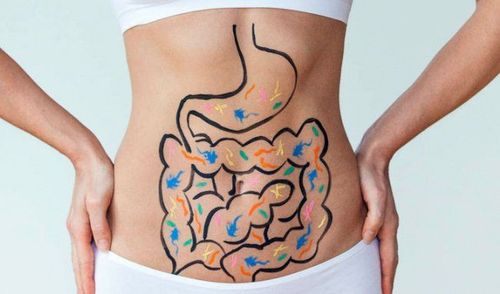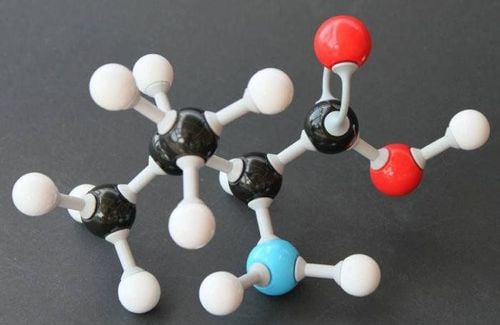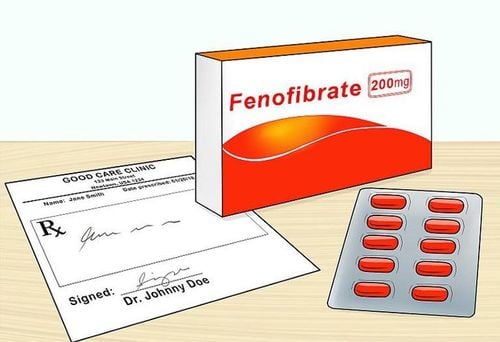This is an automatically translated article.
The role of lipids in the human body is particularly important, in the structure of cell membranes and in their storage in tissues, as a reserve of energy. In particular, it is also a solvent to dissolve vitamins in fat and is an important energy source in the daily diet.1. What are lipids?
Lipids, also known as fats, are esters between fatty acids and alcohols, which are indispensable components in the human development process. Dietary lipids can be provided in both animals and plants. Lipids of vegetable origin such as margarine, refined oils, shortening, soybeans, peanuts, sesame... Lipids of animal origin such as: eggs, meat, fish, seafood... Animal origin is called fat, lipid of vegetable origin is called oil.Scientific research has proven that, for children at primary school level, the energy provided by lipids needs to reach about 30% of the body's energy needs, of which lipids of vegetable origin should account for about 30%. 50% of total lipids and saturated fatty acids should not exceed 11% of daily dietary energy. In food, lipids have many types such as: Phospholipids, triglycerides, cholesterol, glycolipids, lipoproteins and waxes with 2 main groups: simple lipids composed of hydrogen (H), carbon (C), oxygen (O). and Complex lipids that form complexes in addition to C, H, O also have other components such as P, S...
>> See also: Drugs for treating dyslipidemia
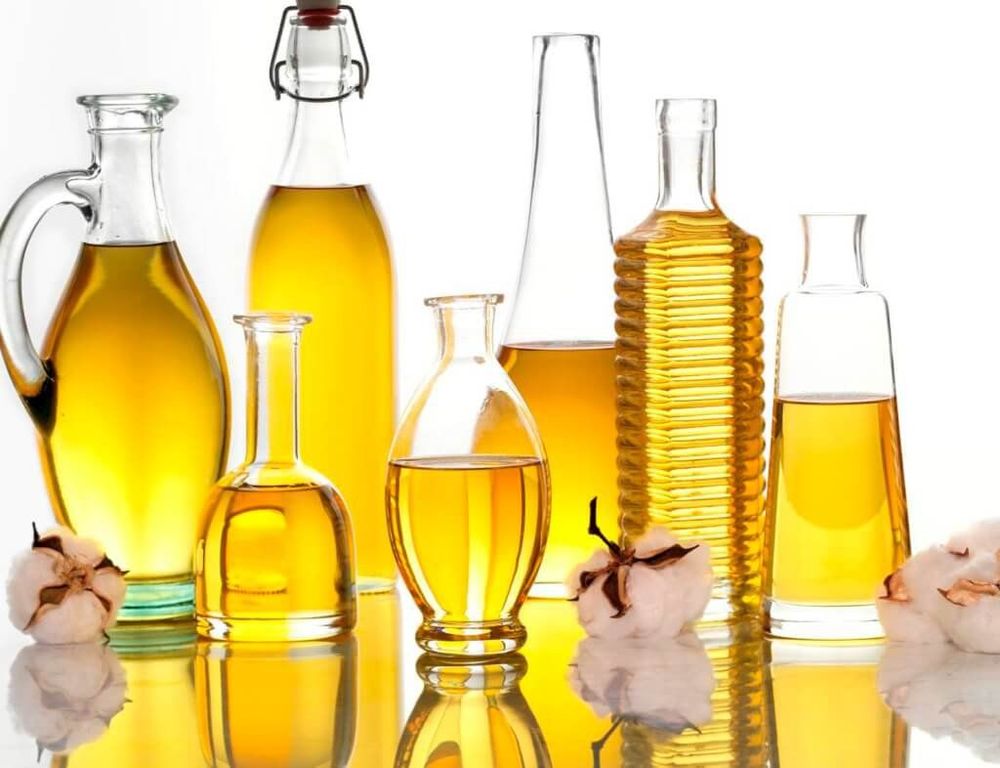
Các lipid có nguồn gốc động vật gọi là mỡ, lipid có nguồn gốc thực vật gọi là dầu
2. The role of lipids with the human body
2.1 The role of providing energy Lipids have the role of providing energy for the body, itself is also an indispensable source of energy. The structure of lipids accounts for 60% of brain cells, especially long-chain polyunsaturated fatty acids, Omega-3 and Omega-6.Phospholipids are fats that make up the myelin sheaths that coat nerves, help increase brain acuity, and help protect the brain against age-related memory decline. In addition, lipids also participate in the structure of cell membranes.
2.2 The role of constituting organizations An important role of lipids in the human body is the ability to form organizations. The cell membrane is inherently a layer of fat made up of lipids, cholesterol and glucolipids... composed. Nervous tissues and brain marrow also contain lipids and glucolipids.
2.3 The role of maintaining body temperature and protecting the body The role of lipids in the body is also reflected in the ability to prevent heat loss under the skin, it helps to retain heat effectively and at the same time makes the heat in the body. The outside has been absorbed can not be transmitted to the inside of the body.
In fact, lipids are components that are not evenly distributed in the human body with a total content of about 10%, they are mainly concentrated in subcutaneous tissues to form a reserve of fat for the body to use. use when needed. In addition, a part of lipids also surrounds the visceral organs like a protective organization, to prevent collisions and help them stay in the correct position, protecting the body from the adverse effects of the weather environment. .
2.4 The role of promoting the absorption of fat-soluble vitamins In the human body, vitamins A, D, E, K are not water-soluble but soluble in fat or fat-soluble solvents and the role of Lipid with the human body at this time is the solvent environment to promote the absorption of fat-soluble vitamins.
In addition to the above roles, the role of lipids with the body also helps to increase the feeling of fullness when we eat foods with high lipid content and lipids help improve the sensory value of food (foods with high lipid content). more fat will taste better and better)
3. Building a reasonable lipid diet
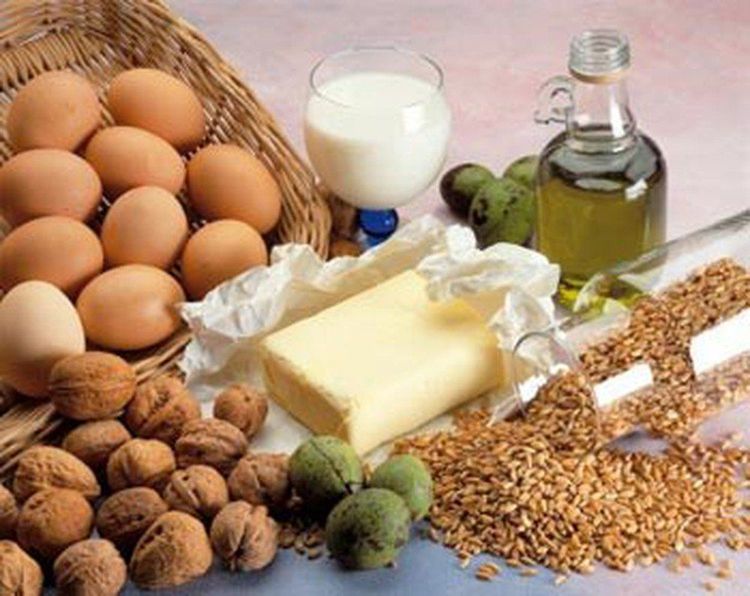
Trong khẩu phần ăn hàng ngày nên cân đối các loại thực phẩm giàu lipid
A special note is that when cooking oil is oxidized when heated at high temperature, it will form free radicals that cause odors and are toxic to the body. absolutely do not use frying oil over and over again.
In the daily diet should be balanced with foods rich in lipids such as: nuts, fish fat, eggs, cheese, avocado, chia seeds, olive oil, coconut oil... to take full advantage of their role. of lipids in the body, protect the health of yourself and your family.
Please dial HOTLINE for more information or register for an appointment HERE. Download MyVinmec app to make appointments faster and to manage your bookings easily.





